Owning your rare disease story is about embracing the power of your voice. Your story is your story, your voice is your voice, and learning to embrace it means learning this essential truth: no one has the right to silence you.
Owning Your Rare Disease Story
This is a special week for the rare disease community. It’s Rare Disease Week. Here in the United States, advocates are gathered in Washington, DC to advocate for policies affecting the entire community.
And, of course, there is Rare Disease Day. It’s an amazing time of year to remember something… we are all in this together.
Our rare diseases are different. Our needs are different. Our daily experiences are different. Yet we are united in our need for hope.
We all dream and work towards a better future for all who are affected by a rare disease.
Because even though we come from all backgrounds, all beliefs, and all experiences… we are all living a life that differs from the rest of society.
Our lives are unique. Our stories are unique.
And I’ve found that one of the most difficult aspects of living with a rare disease is learning to accept my story.
A few months ago I spoke at a virtual event hosted by GAP – the Global Association for PKU. I spoke about something that I’ve been thinking about a lot recently.
My journey over the last few years has been about learning how to accept and own my life with PKU… my rare disease story.
I’ve been involved in PKU, newborn screening, and rare disease advocacy for over a decade now. For a long, long time I only spoke about the positive, or brighter aspects of living with PKU or the rare disease life in general.
But just like with the rest of life, there is another side. The side that’s darker. Where life can get hard, and we struggle to reconcile these two realities.
So, I’ve adapted that speech, which was given to a PKU audience, and turned it into an episode of this podcast for the broader rare disease community.
It’s about something that I hope anyone in our community can relate to…
Owning your rare disease story.
This episode was inspired by an article I wrote for PTC Therapeutics. I connected with them last fall after hearing about their effort to develop a new treatment for PKU. But their investment in the rare disease community stretches back 25 years. Their mission is to provide access to best-in-class treatments for patients with little to no treatment options. And that resonates with me. Because, in my view, we need more treatment options for people living with PKU. But also, since 95 percent of all rare diseases have no treatment at all, we need more treatments for anyone with a rare disease. So, anytime I can connect with those developing new treatments for rare diseases, I welcome it. The article I wrote was called “Owning your Rare Disease Story”, and writing it was the spark behind this episode. And while you’re there, be sure to check out all of the amazing work PTC Therapeutics is doing in the rare disease community.
Advocacy is Storytelling
Storytelling. Essentially, that’s all advocacy is.
Storytelling is central to the human experience. It’s what we do every time we share our lives with others. We do it every single day, whether we consciously think about it or not.
We’re telling stories.
We interpret our lives in the context of stories.
That’s just how humans think.
When we post about our rare disease experience on social media, we’re sharing our story.
When we advocate to legislators, we’re sharing our story.
When we meet a new friend and welcome them into our lives, we’re sharing our story.
And when we go to rare disease conferences… ultimately it’s the stories we remember. The stories of people we interact with, the stories we were able to experience at the event… sitting down at a table, talking face to face with someone.
Long after the event is over and we can’t remember the lectures given… we remember the stories that we heard. We remember the stories that we shared.
When we share our experiences with others it helps us feel like we aren’t alone. And those who hear our stories feel like they aren’t alone.
Ultimately, when we share our stories, it’s our way of reaching out and connecting with other humans. It’s not just casual conversations. So many of us experience deep isolation because of our rare disease. It’s a lonely life at times. And so when we meet others who get it, who understand us at a deeper level than others in our lives… even though we come from different backgrounds… a special bond is formed. Friends who feel like family.
Understanding our story, our unique lives with our rare disease and all of the experiences it brings… and then accepting it… that is how we cope when life gets tough.
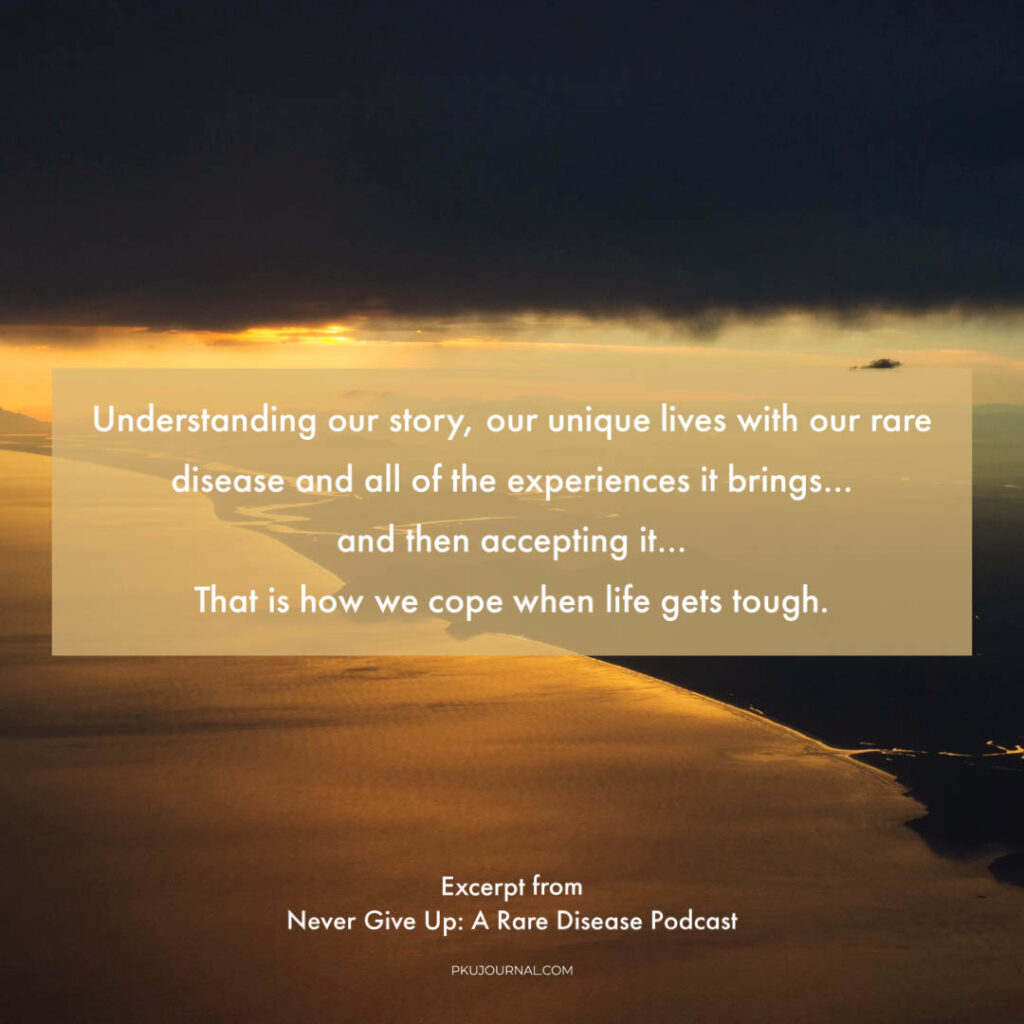
It’s understanding our individual story… our personal rare disease experience—how to cope with it and manage it. But also, it’s about finding our unique place in the larger rare disease story.
Every gathering of people is formed by a shared narrative. People gather together and the bond they experience is because of their shared story. And part of that shared story is that we are living through history… because the broader story is that this is still the early days of the rare disease experience and rare disease advocacy…
And we are living through history…together.
My rare disease, PKU, is an interesting example of this. It’s been less than a hundred years since PKU was discovered. And then, within just a couple of decades, the first treatment of dietary therapy was developed. And then newborn screening began. Screening for PKU was an experiment to see what would happen if a society implemented early intervention policies and procedures to prevent the worst consequences of a rare disease diagnosis.
And a generation was changed.
Today there are thousands of known rare diseases and a passionate rare disease community striving for more treatments.
We are living through history… now.
My Story
That’s the progression I’m exploring in this episode… how we reflect on our individual stories, our place in the larger story of our rare disease community, and our collective place in history.
My individual story? It’s something I’ve shared frequently on this podcast, on social media, and in all of my advocacy work over the years. Again, I view advocacy as storytelling. So, I share my story.
It’s been a little over 12 years since I first began telling my rare disease story. That was in my first video about PKU, a short documentary called “My PKU Life”. That film changed everything for me. I’ve been traveling the world ever since, producing more videos about PKU and newborn screening, speaking at conferences, and sharing my story on social media.
But, my life has changed since my early days of PKU advocacy. My story of living with PKU has changed. Because we grow. We evolve.
Back then there were experiences in my life that I didn’t want to talk about. I wanted to leave them in the past. As I shared in season 1 of this show, I had difficult life experiences before engaging with the PKU community. Before my life in advocacy.
It was my past, and I wanted it to stay in my past.
But I didn’t realize the toll those experiences were taking on my mental health… trying to bury all of that.
Even as my life was changing with advocacy, and I became active in the PKU community, privately I was in a battle for hope. Every single day.
Eventually, I had to realize the importance of mental health and its relationship to my rare disease life.
PKU and Mental Health
Now, this is specific to PKU but I need to share this so those of you affected by another rare disease will understand where I’m coming from.
I see three ways to describe the relationship between mental health and PKU.
First, there’s the simple biological fact of what PKU can do to us.
PKU is an inherited metabolic disorder in which the body cannot properly metabolize protein. When the amino acid phenylalanine, or PHE, builds up in our bodies, it enters our bloodstream. It makes its way into the brain and crosses the blood-brain barrier. And that causes brain damage. The consequences in those undiagnosed are the most severe, but this is the reason why we receive dietary therapy for life. We eat a protein-restricted diet to make sure we don’t consume too much PHE, and we get the rest of our nutrition from medical drinks (also called formulas or supplements).
For more information about PKU you can visit the Videos tab on this website. It has a collection of my work from over the years.
So, there’s the biological side of it. There’s also a mental health impact because of the general stress of treatment. This may be something that not everyone with PKU can relate to, but I know that many can. For a long time, the mentality about PKU dietary therapy was, “Just do it.” Personally, I don’t think that’s very helpful. I understand why some people say it, but the truth is that many struggle because they have difficulty even accessing the treatment.
Some, like many of us in the United States, can’t get access to those medical drinks or other prescribed items like specially created foods modified to be low in protein. Those items are necessary for those on a heavily protein-restricted diet. Many people in our community have protein tolerances of about 4 to 8 grams per day. Some, even lower than that.
As a point of reference, one slice of bread has 4 grams of protein.
People who consume those extremely small amounts of protein don’t count grams of protein. They count in milligrams of phenylalanine. And food labels in the United States don’t reveal those values. So, much of our life is spent searching for the accurate amount of PHE in any food we eat.
And, if you don’t think that’s stressful enough, remember… the consequence of getting all of this wrong… is thinking that you might be inflicting brain damage on yourself… or your child.
Meals are an essential part of social life. When humans gather, often there is food. It’s a community-building activity. But for anyone with a metabolic disorder, it can be a source of tremendous anxiety… and isolating.
There might be other cultural or societal factors that we don’t know about, issues that might affect someone’s ability to follow treatment.
And if they’ve ever gone off treatment, even for a short time, it affects the way they think. And now they’re caught in a vicious cycle that they don’t know how to break, even if they desperately want to.
This is the experience I’ve heard countless PKU adults share… people who want to be healthy, who want to follow treatment, who want to be and live well…
What they need is support. Help.
Not judgment or condemnation.
But besides the biological aspect of PKU, besides the stress of treatment, we also have other life experiences unrelated to PKU that influence our ability to cope with it. Whatever those experiences might be.
That’s what I explore on this podcast… not just the areas that are directly related to the rare disease life… but how everything we experience affects our ability to cope with our rare, uncommon lives.
Our Shared Story
All of our life experiences make up who we are. Understanding that is central to finding your place in your community. Every single one of us has a different background. We come from all over the world—different places, different cultures. We have different views of the world.
Yet we have a shared experience of living with a rare disease.
For a long time my main connection to a larger group of people—a true community—was in my rare disease community. Naturally, we all feel the closest connection to those who share our rare disease. Whether that’s a caretaker or someone who has it themselves… we feel closest to those in our specific rare disease communities.
But what I’ve been learning over the last couple of years, especially while producing this podcast and connecting with so many people in the broader community over social media…
That connection to other humans… is universal.
It doesn’t matter if we share the same rare disease. We are still part of the larger rare disease community.
We share a common experience of living an uncommon life.
We may not always realize it, but our rare disease shapes our view of the world. And so, everything that I’m personally dealing with these days is about finding my place in this larger story of living with a rare disease, my place in this collective story, this shared narrative we have of being part of the rare disease community.
Connecting with others affected by PKU is what gave me the desire to say, “Here’s my background. Here’s my story. How can I contribute to this larger community?”
And, when I got involved in advocacy, something that for me began with PKU advocacy and then expanded into newborn screening and rare diseases, it became a way for me to not only share my story and what was happening in my life… but I learned what it means to speak on behalf of another.
That’s the heart of advocacy. Speaking for others.
Our Place in History
When you move beyond only sharing your experience… it’s transformative. Your story changes things for other people. You’re encouraging them to speak up for themselves. And you’re amplifying their voices.
Because everyone has a story, and it matters. Everyone has a voice, and it’s powerful.
Some of us learn to express our voice in a public way, whether that’s on social media, from a stage, behind a microphone, in front of a camera… whatever it might be.
But that’s just one way of sharing your story. The truth is, advocacy doesn’t have to be something you do in public. It can be something you do in private conversations with other people in your life, just sharing about your rare disease experience.
You don’t have to do it in a public, visible way because ultimately, you’re just doing your part and finding your way to contribute to this broader story. Every single day.
Because every day… we are writing the story of our lives—our individual stories, our common story, but also the story of future generations.
It’s not just about what’s going on with us. It’s not even just about contributing to those who are currently alive today.
But every single day, every action we take is changing the world for future generations.
We are still collectively the first generation of the rare disease community.
There are people alive today in my community who were the first diagnosed through newborn screening and put on treatment for PKU.
Everything that we’re doing with our lives today can have an impact long after we’re gone. We see that in the stories of amazing researchers and advocates in all of our respective communities.
And there’s two people in particular worth mentioning… Mary Jones, mother of Sheila Jones who was the first person who ever received treatment for PKU at Birmingham Children’s Hospital in the United Kingdom. They are vivid reminders that it’s not just the great leaders of nations who make history. It’s everyday people like you and me who can change things.
We are making a difference in our daily actions… just by living.
We speak, and we share our stories, and it matters.
It changes the world.
Even if you never get involved in public advocacy, you’re making a difference in this world. Because every single action you take—every single day—is making a difference… just because of your presence in the world.
History is Happening Now
We are living through history. Now.
There’s an aspect of my story that I’ve shared many times—that earlier in my life I was a TV photojournalist. It was like having a front-row seat to history. At a young age I saw how news at a national or global level can have an impact on my local community.
On 9/11, the President of the United States landed at our Air Force base here in town. And, being a military town, I observed how people in my area were being drawn into historical events. I didn’t cover the story that day. I was too young and inexperienced to be of any help. I had just started my job at the TV station a few weeks before.
But later I covered the Columbia Shuttle Disaster in 2003, an experience I shared very recently here on this podcast. And I covered the aftermath of Hurricane Katrina in 2005. I shared that experience in the first episode of Season One.
When you’re in moments like those, it’s one of those few times in life when you’re living in a moment that you absolutely know you’re going to remember for the rest of your life.
You feel history happening right then and there. Right in front of your eyes.
That’s an aspect of working in journalism that I loved, and I miss to this day. And so ever since then, not only have I had a keen awareness of the fragility of life from covering tragedies and experiencing them myself…
Not only do I understand that life can change in an instant and to cherish every moment and every person in your life…
But I also know that history is happening… every single day.
And every day we have the opportunity to participate in it, even when we don’t recognize it.
History isn’t just something that happened in the past. It’s happening right now. And it’s a story that we are writing every single day.
In This Together
It can be difficult to accept all of the experiences that rare disease life brings us. But accepting your individual story, finding your place in the community, and making a difference wherever you can… discovering your place in history…
It’s a journey of a lifetime.
And it’s something I think everyone should reflect on… “How can I learn to cope with this?” “How can I learn to accept this life?” “To find my way to make a difference, even if that’s just living my life and caring for myself or for the one I love?”
In my case… all of this I’m saying today reflects my journey these last few years. Trying to understand my rare disease story… trying to understand my place in the rare disease community… trying to understand how all of us are making a difference and changing the course of history.
And there’s one experience in particular I’ll share with you. It happened just a few months ago. I was at a PKU conference hosted by the ESPKU in Birmingham, in the United Kingdom, producing some episodes of this podcast (those episodes are Finding Your Rare Disease Community and One Global Community). I looked out over the crowd, and I had this realization that I was looking at people gathered from all over the world. Not a mere observation. But an awareness deep in my heart. A sense of connection to my rare disease community.
That weekend I wrote in my journal, and this came out: “PKU has no borders. We are one global community. And we are all in this together.”
That has become my creed.
And now, I’m waking up to a new reality. A new realization deep in my heart.
A belief that we are all part of one shared story, one shared experience that unites all of us, no matter our background.
No matter our specific rare disease and how it affects our lives.
We are united in this life together.
It’s a realization of how similar we are. How divisions that often arise… because we are humans… can fade away if we accept the reality that our common narrative unites us through our shared experience.
Because when you sit down and you connect with other people… not as targets for your agenda, but as humans…
And you look them eye to eye…
And you share your story with them…
And your hear their story as well…
It can change your life, and it can change theirs as well.
And so, these days I’m going through another change. I’m thinking and reflecting on my rare disease story. I’m learning to own it. And I’m slowly beginning to realize this deep in my heart…
Rare disease life has no borders. We are one global community. And we are all in this… together.
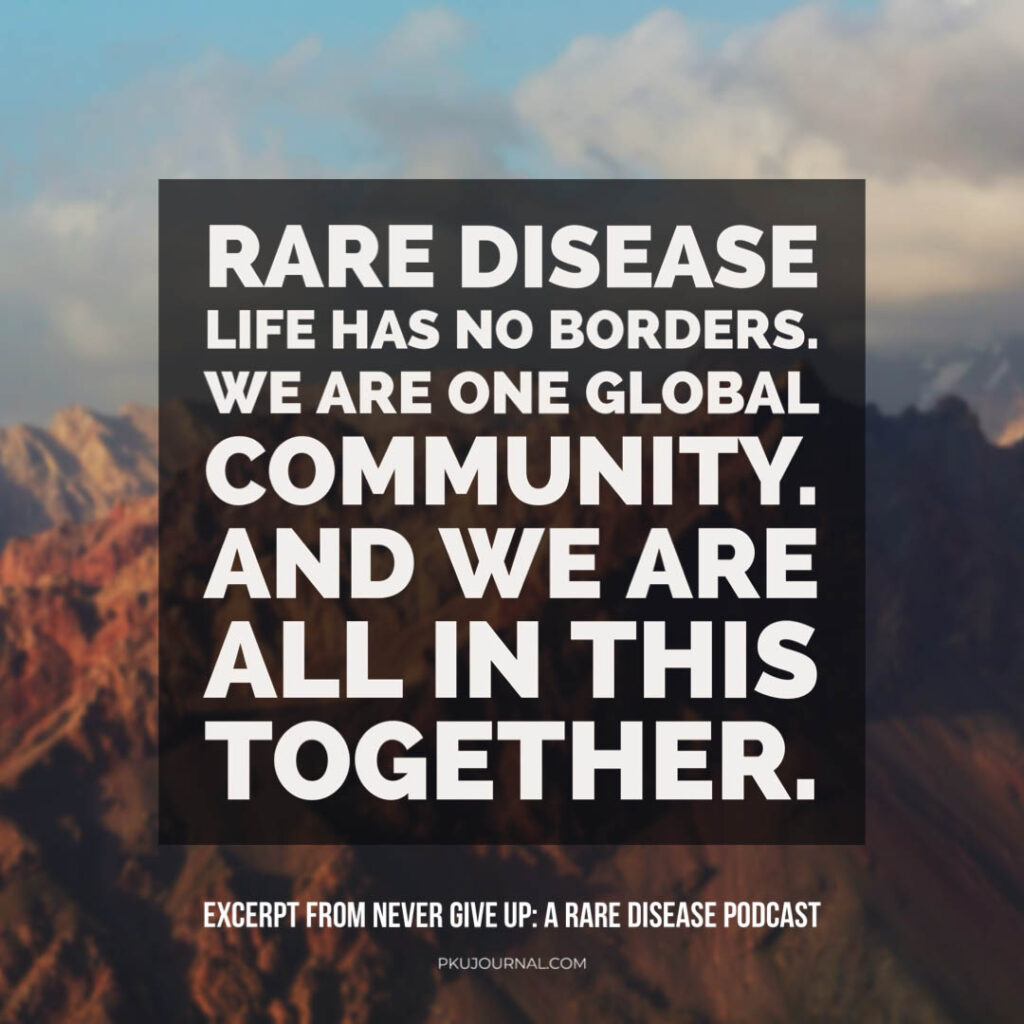


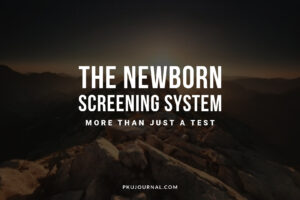
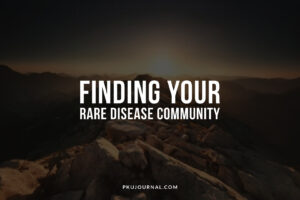
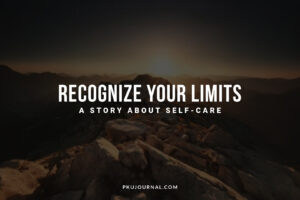





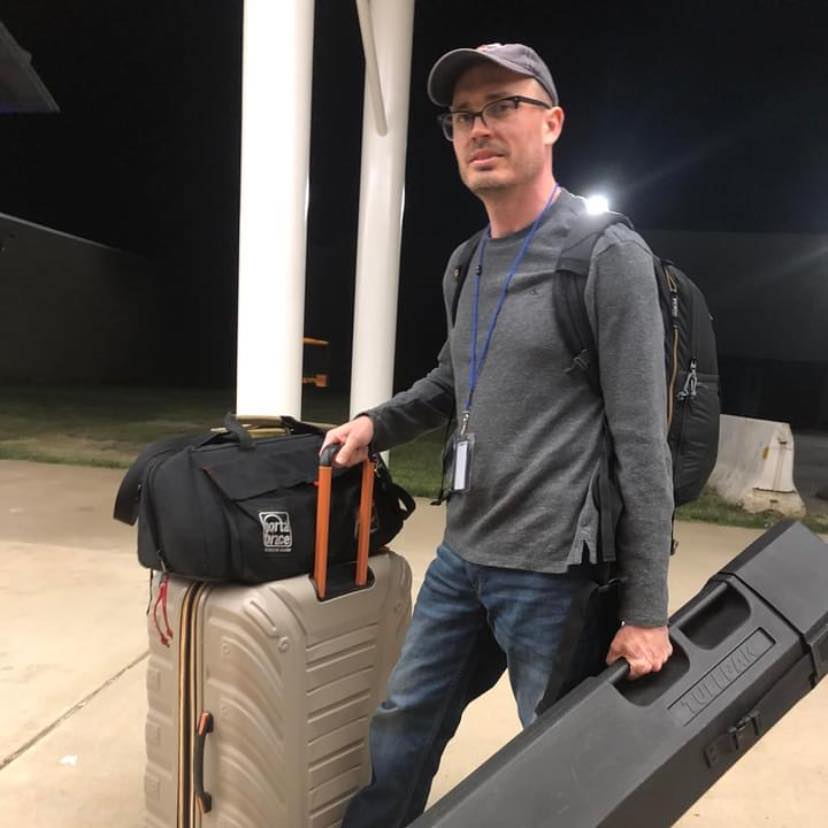
Leave a Reply